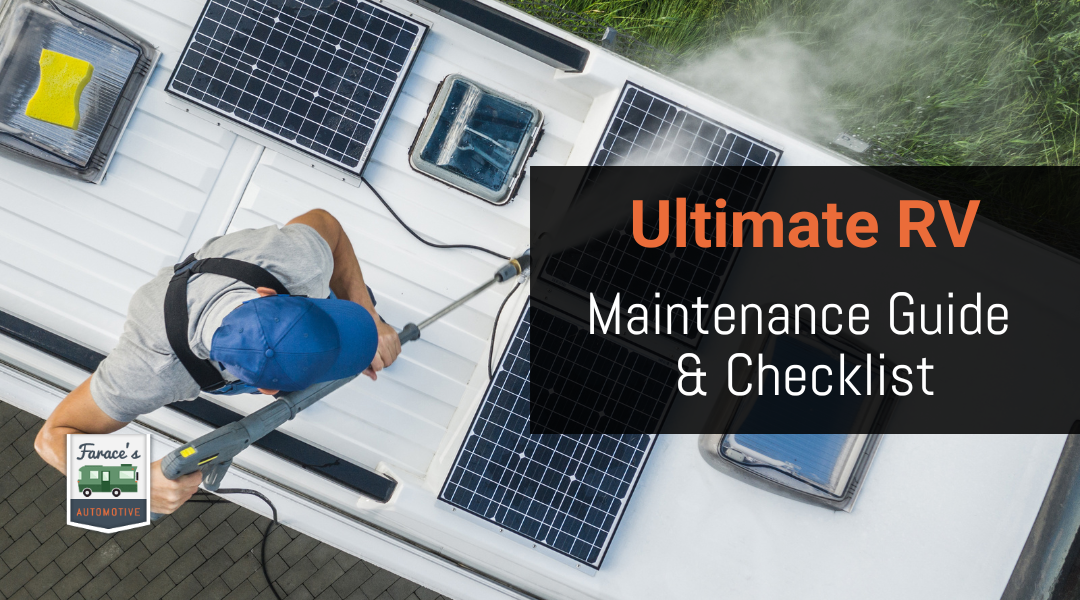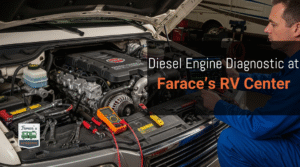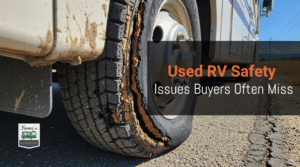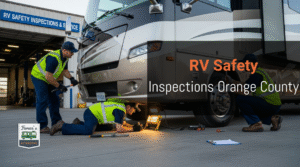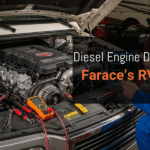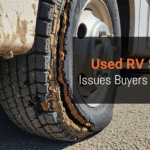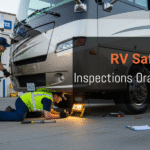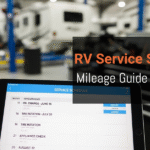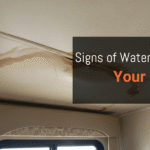Maintaining your RV is essential for ensuring that your adventures on the road are both safe and enjoyable. The Ultimate RV Maintenance Checklist will be your guide to keeping your vehicle in top shape and ready for any journey that lies ahead. By following a detailed maintenance routine, you can prevent unexpected breakdowns and extend the lifespan of your recreational vehicle.
Regular inspections and maintenance not only enhance performance but also improve your overall travel experience. From checking your engine and brakes to ensuring your roof is in good condition, each aspect of maintenance plays a critical role in your RV’s readiness. With the help of seasoned professionals at Farace Automotive & RV Center, you can easily navigate your RV upkeep and enjoy peace of mind on your travels.
In a place like Huntington Beach, where outdoor adventures await, having a reliable RV is incredibly important. By utilizing the comprehensive checklist outlined in this post, you will be prepared for your next excursion, knowing that your vehicle is fully equipped to handle the road ahead. Embrace the freedom of the open road and keep your RV in prime condition for all your adventures.
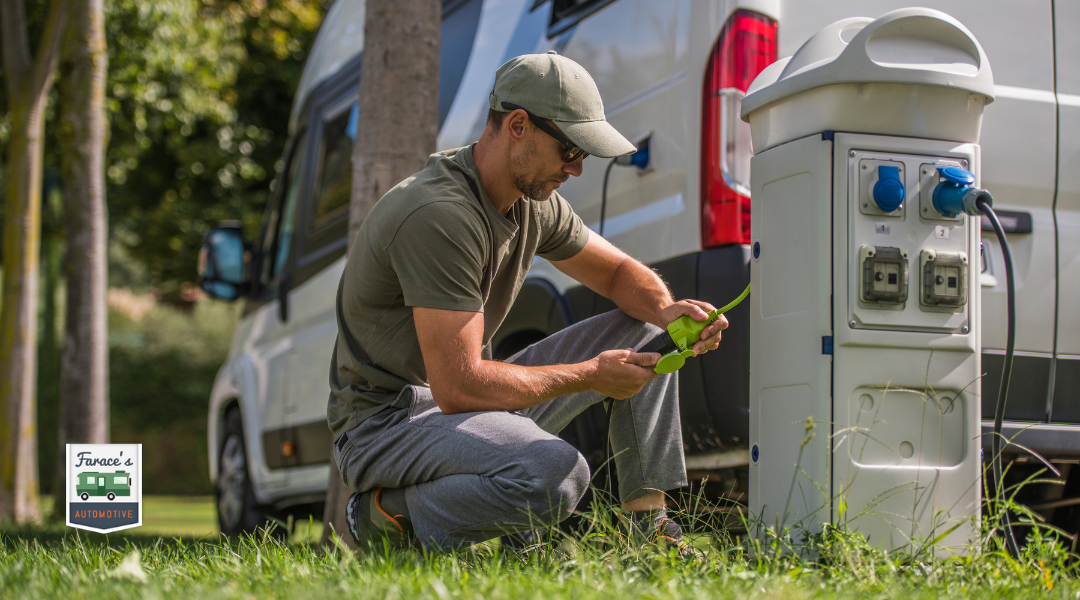
RV Maintenance Fundamentals
Maintaining your RV requires a well-structured approach to keep it in optimal condition. Understanding how to determine your maintenance schedule and knowing the essential tools and supplies can enhance your RV experience, especially for those living full-time in their vehicles.
Determining Your Maintenance Schedule
Establishing a maintenance schedule for your RV is crucial for longevity and reliability. Start by reviewing the manufacturer’s recommendations, which often specify maintenance intervals based on mileage or time.
Key guidelines to follow:
- Monthly Checks: Inspect tire pressure, fluid levels, and battery connections.
- Quarterly Services: Rotate tires and check brakes to ensure safety.
- Seasonal Maintenance: Before winter storage, winterize your RV to prevent freeze damage.
- Annual Inspections: Conduct a comprehensive inspection of the roof, seals, and appliances.
Adhering to this schedule minimizes costly repairs and keeps your RV road-ready.
Essential Tools and Supplies for RV Maintenance
Outfitting your RV with the right tools and supplies can simplify maintenance tasks. Here’s a list of essential items to have on hand:
- Basic Toolkit: Wrenches, screwdrivers, and pliers for general repairs.
- Tire Pressure Gauge: Ensures optimal tire performance and safety.
- Leveling Blocks: Helps stabilize your RV when parked.
- Cleaning Supplies: Use specialized RV cleaners for the exterior and interior.
Additionally, don’t forget to stock up on fluids such as oil, coolant, and propane for various systems. Having these items readily available will empower you to tackle maintenance efficiently and effectively.
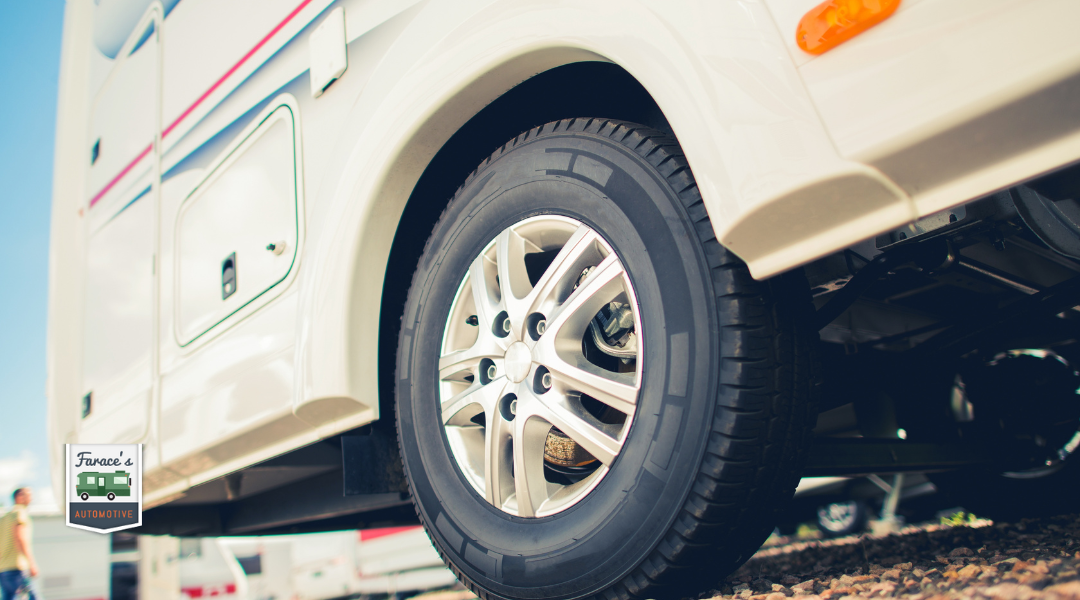
Regular Mechanical Check-Ups
Maintaining your RV requires regular mechanical check-ups to ensure everything functions properly. Focus on critical areas such as engine oil, tire condition, and the brake system. These checks can prevent unexpected issues during your travels.
Engine Oil and Fluid Level Checks
Regular checks of engine oil and other fluid levels are vital. You should change your oil per the manufacturer’s recommendations, typically every 3,000 to 5,000 miles, or as specified in your RV’s manual.
In addition to oil, monitor other fluids like coolant, transmission fluid, and brake fluid. Low levels can indicate leaks or issues that need immediate attention. Use a dipstick to check oil levels and refer to the vehicle’s manual for the appropriate levels of other fluids.
Tire Maintenance and Rotation
Proper tire maintenance is crucial for safety and performance. Begin by checking tire pressure regularly, as under-inflated tires can cause blowouts and compromise your fuel efficiency. The ideal pressure is usually indicated on a sticker inside the driver’s door frame.
Tire rotation involves switching the tires’ positions to ensure even wear. You should rotate your tires every 6,000 to 8,000 miles. Inspect tires for any signs of damage, such as cracks or bulges, and ensure the tread is sufficient. Using a tread depth gauge can help determine if a tire needs replacement.
Brake System Inspection
The brake system is one of the most important safety features of your RV. Regularly inspect brake pads for wear and assess the condition of brake rotors. You should replace brake pads if they are worn down to about 1/8 inch.
Additionally, ensure that the brake fluid is at the recommended level, and check for any leaks in the braking system. It’s advisable to have your brakes inspected at least once a year or before lengthy trips to guarantee a safe driving experience. This proactive approach will help you avoid costly repairs and ensure your vehicle is road-ready.
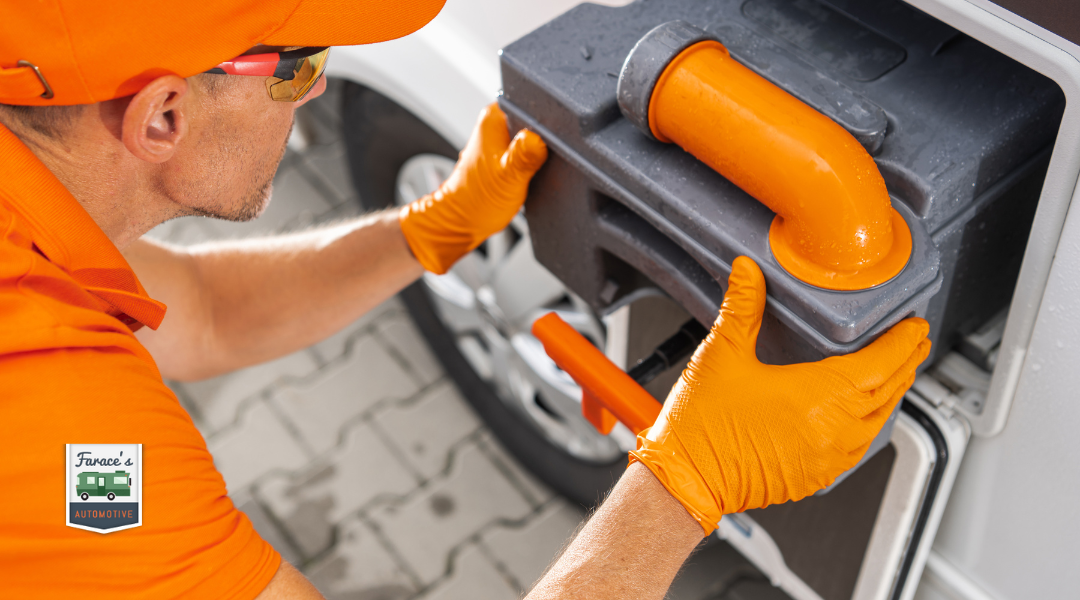
Electrical Systems and Safety
Maintaining your RV’s electrical systems is crucial for safety and reliability on the road. Two key aspects to focus on are monitoring electrical connections and batteries, as well as installing and testing RV surge protectors. Proper attention to these elements can help prevent accidents and equipment damage.
Monitoring Electrical Connections and Batteries
Regularly check all electrical connections in your RV. Look for corrosion, loose connections, or signs of damage. Lubrication can enhance the lifespan of connectors, helping to prevent wear over time.
Make it a habit to inspect your RV batteries. You typically have a chassis battery to start the engine and house batteries to power appliances. Ensure that all terminals are clean and tight. It’s advised to test the batteries periodically. Use a voltmeter to check the charge, and replace any batteries that show signs of significant wear or low voltage.
Installing and Testing RV Surge Protectors
A surge protector is essential for safeguarding your RV’s electrical systems from voltage spikes. Install a quality RV surge protector at your power source before plugging in.
Regularly test your surge protector to ensure it is functioning properly. Look for indicators such as LED lights that signal whether voltage is within normal ranges. If your protector shows warning signals, disconnect immediately and investigate the issue.
Surge protectors can save your appliances from serious damage. Always reference the manufacturer’s guidelines for installation and maintenance to ensure maximum protection.

Plumbing and Water Systems
Maintaining your RV’s plumbing and water systems is crucial for ensuring a comfortable and functional travel experience. Regular attention to the sanitation and water systems can prevent costly repairs and enhance usability.
Sanitation Systems Upkeep
You should perform regular inspections of your RV’s sanitation systems, including the black water tank, to avoid unpleasant situations. Check the tank level frequently and empty it before it becomes too full. Use a suitable holding tank deodorizer to keep odors at bay.
Inspect hoses and connections for leaks or wear. Replacing any damaged components promptly will help you avoid larger issues down the line. Ensure that the toilet seals are intact and clean to prevent clogs or leaks.
Additionally, consider using a toilet treatment chemical that is RV-friendly, as this will help break down waste and maintain system efficiency.
Water System Winterization and De-Winterization
To protect your RV’s water system during colder months, winterization is essential. Begin by draining the water heater and water lines, and ensure no residual water remains. Blow out the lines using compressed air to eliminate trapped moisture, which can freeze and cause cracks.
Use non-toxic RV antifreeze to backfill the system, ensuring it reaches all faucets and the toilet. Remember to dispose of any waste safely.
During de-winterization, flush the system to remove antifreeze. Run fresh water through the lines and check for leaks. Your water heater should be inspected and refilled.
Following these steps will help maintain the integrity and functionality of your RV’s plumbing and water systems year-round.
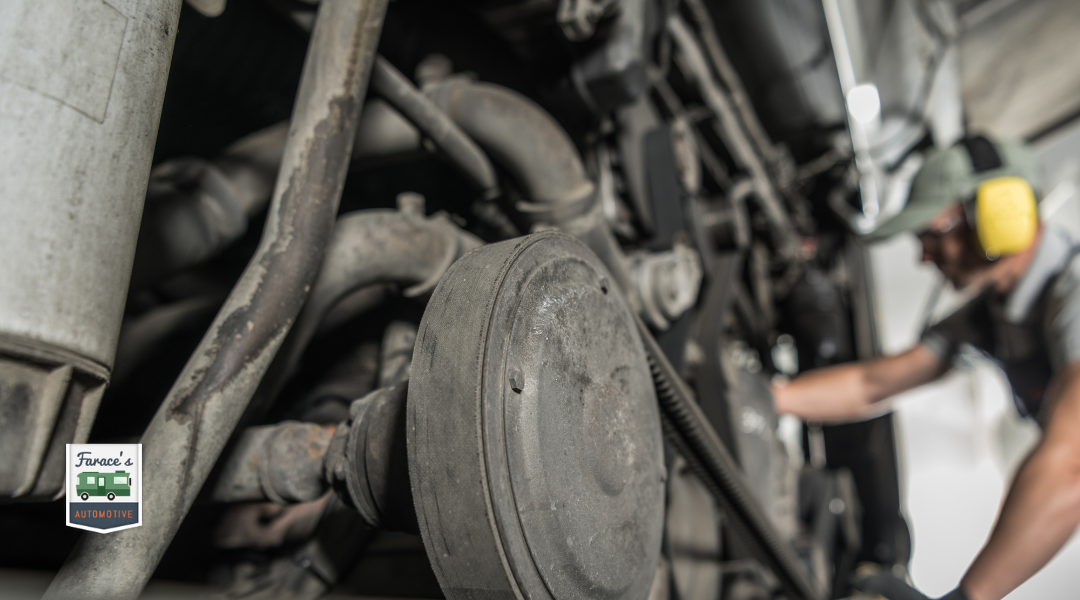
Frequently Asked Questions
Maintaining your RV is essential for a smooth and enjoyable experience on the road. Addressing common inquiries can help you understand the requirements necessary to keep your vehicle in optimal condition.
How often should an RV be serviced to ensure optimal performance?
You should have your RV serviced at least once a year. However, if you use it regularly, consider scheduling tune-ups every six months. Regular inspections can help identify potential issues early and keep your RV performing well.
What are the most common RV repairs that owners should be aware of?
Common repairs include issues with the water system, electrical components, and brakes. Pay attention to signs of leaks, faulty wiring, or brake wear. Being aware of these problems can help you prevent more extensive damage.
Do RVs require extensive maintenance, and how can owners manage it effectively?
RVs do require regular maintenance, but it can be manageable with a good plan. Create a maintenance schedule that includes routine inspections, seasonal preparations, and necessary repairs. This proactive approach will reduce the chance of unexpected issues.
What steps are included in preventive maintenance for an RV?
Preventive maintenance typically includes checking fluid levels, inspecting tires, testing the battery, and examining the roof for leaks. Regularly cleaning and sealing your RV’s exterior can also prevent damage from weather elements.
Where can I find a comprehensive RV maintenance checklist for different types of RVs?
You can find detailed maintenance checklists on various RV enthusiast websites and forums. Many manufacturers also provide specific checklists tailored to different models. Utilize these resources to keep track of your maintenance needs effectively.
What are the essential maintenance tips for first-time RV owners?
First-time RV owners should familiarize themselves with their vehicle’s systems and components. Start with routine inspections, understand the importance of tire pressure, and learn to manage your water and electrical systems efficiently. These basics will help ensure a safe and enjoyable RV experience.

